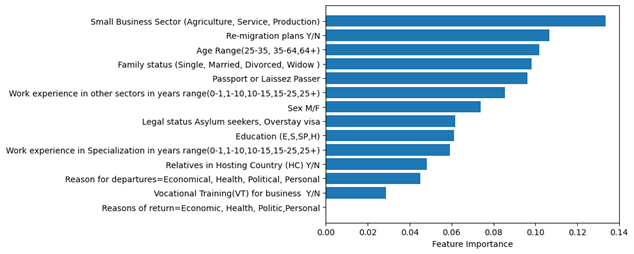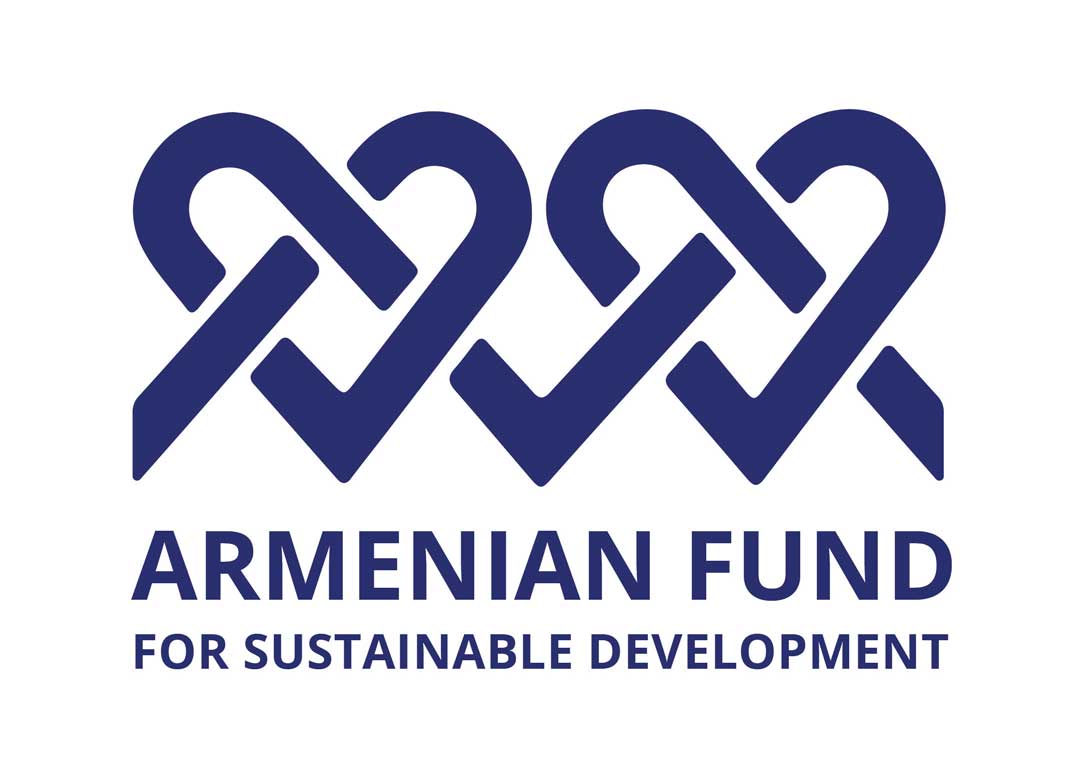AI and Migration
AI-Assisted Decision-Making for Migrant Reintegration
The AF4SD has developed a tailored AI-assisted decision-making (ADM) tool prototype. In this testing phase, it assesses objective variables using a risk-based approach to forecast business viability and prepares data-driven support for human decision-making.
The socio-economic integration of the returnees through business creation programs has soared in recent years. If the eligibility criteria and the financial assistance package form and size vary from one project to another, the ultimate purpose of these public and private initiatives is to create an income-generating activity for the self-sufficiency of beneficiaries so that they don’t re-emigrate.
These projects ensure migrants’ financial autonomy and contribute to their societal empowerment and integration. Creating income-generating activity per se is not an impossible mission, but its sustainability remains challenging.
In twenty years of experience, we have studied the profiles of more than 10,000 returnees and small business creators. We selected the most relevant criteria /variables for our prediction.
We rolled out a classification algorithm using 12,000 anonymous cases for experimental purposes, with highly satisfying accuracy results >85%. This allowed us to understand what features impact each case the most.
Features

This AI Prediction tool is intended to reduce financial losses and enhance effectiveness in socioeconomic integration for returning migrants.
Disclaimer
The prediction model developed by the Armenian Fund for Sustainable Development (hereafter AF4SD) is proprietary intellectual property. The model’s design, logic, code, and methodology are protected by copyright laws and may not be copied, reproduced, modified, published, uploaded, posted, transmitted, performed, distributed, rented, sublicensed, altered, stored for subsequent use, or otherwise used in whole or in part without the prior written consent of the AF4SD.
The views and opinions expressed in this presentation are those of the authors and do not necessarily reflect the official policy or position of the AF4SD and its partners.
